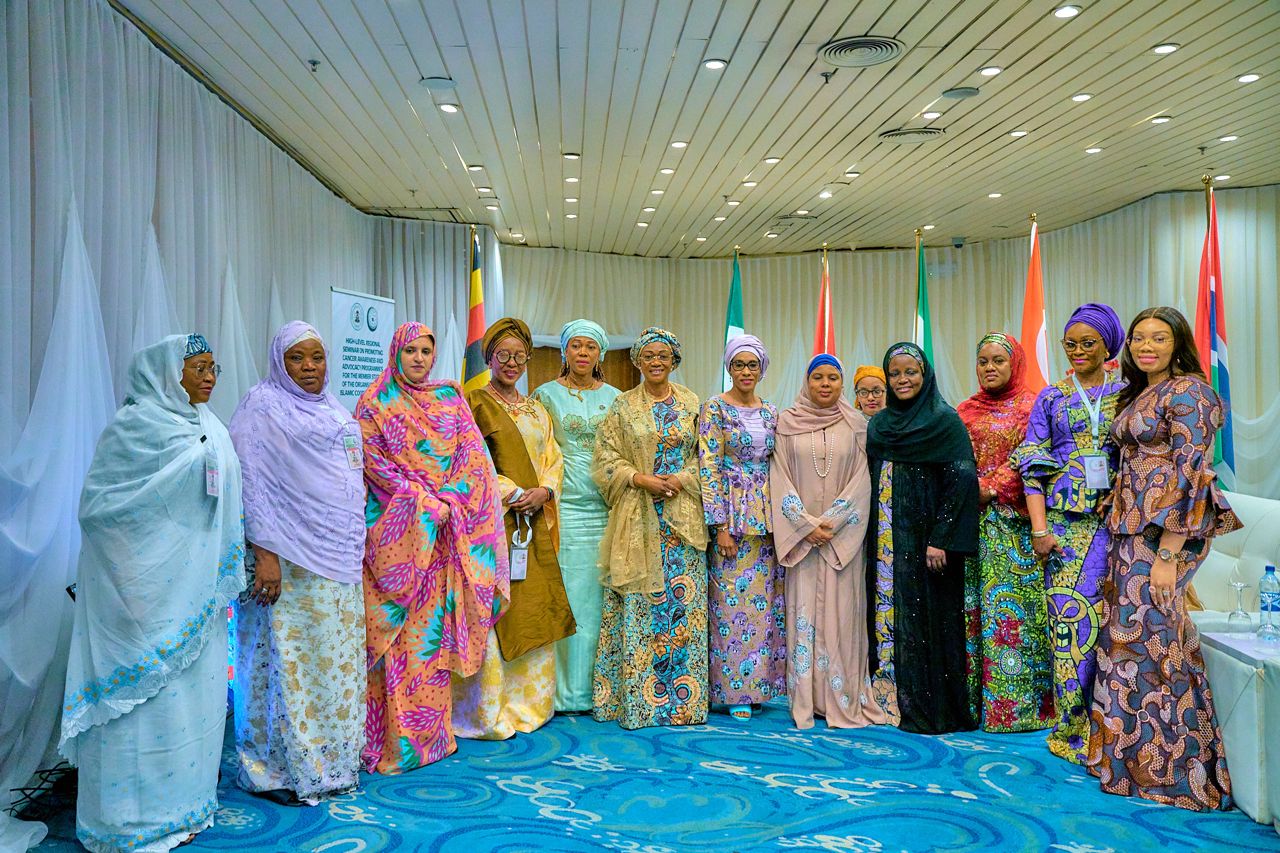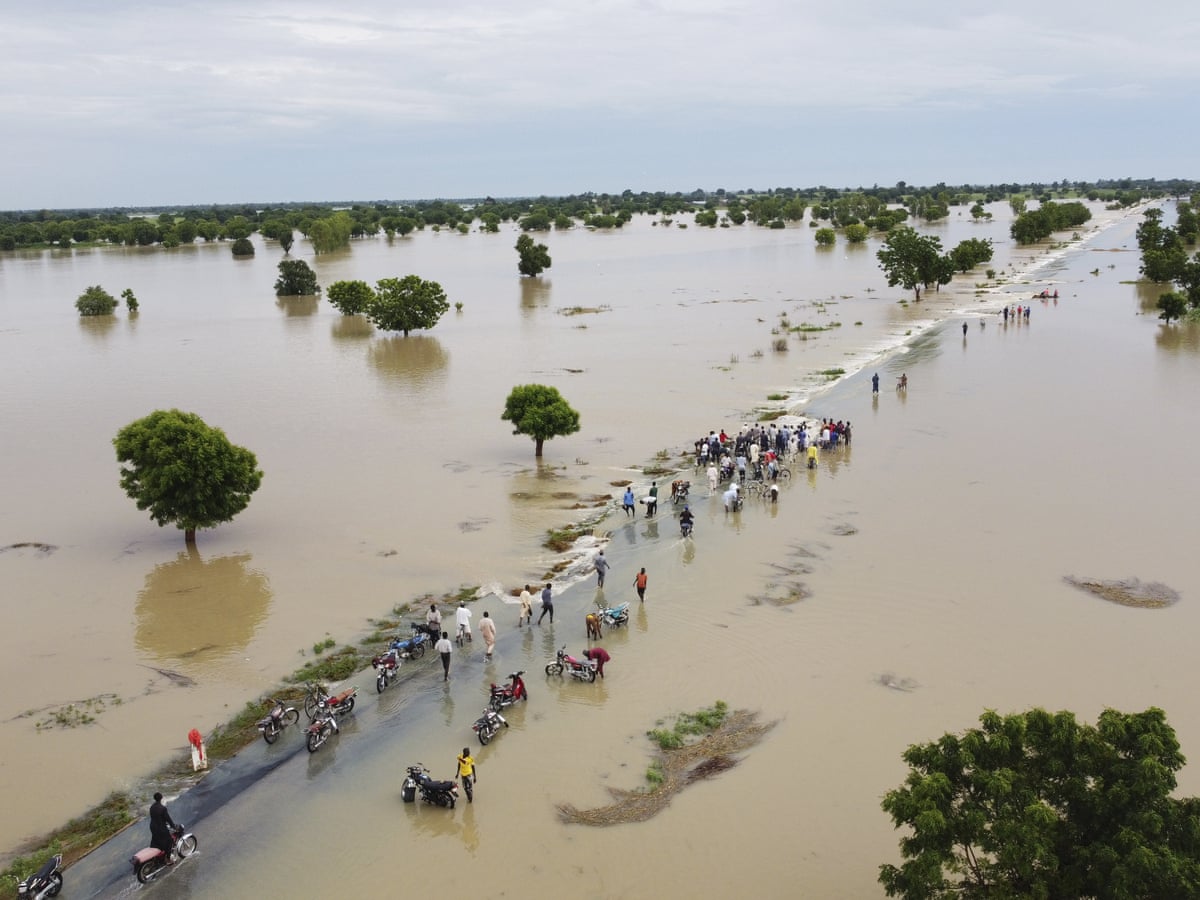The Economic and Financial Crimes Commission (EFCC) has expressed worry over the decreasing amount of whistleblowers despite the huge rewards the Commission offers to informants. The Commission made this known during a one-day town hall meeting in Awka, Anambra State on Thursday organized by the African Centre for Media and Information Literacy (AFRICMIL) and supported by the Anambra Civil Society Network (ACSONET), was themed ‘Role of Community-Based Organizations in Entrenching Whistleblowing Policy at the Grassroots'.
EFCC, Chairman, Abdulrasheed Bawa who was represented by EFCC, Zonal Commander, Enugu, Oshodi Johnson stated that the whistleblowing policy of the Commission was instrumental in recovering stolen public funds across the nation. The Federal Government on December 21, 2016, introduced the whistleblower policy, which offered incentives to Nigerians for providing valuable information leading to the recovery of stolen public funds.
According to Oshodi, two of the landmark recoveries as a result of the whistleblowers' policy were the $11m recovered at an apartment in Osborne Towers, Ikoyi, Lagos State, and the $9.8m recovered from Andrew Yakubu, an ex-Managing Director of Nigerian National Petroleum Corporation (NNPC).
Oshodi said some of the challenges include ignorance of the policy’s legal and administrative frameworks and also difficulties and the bureaucratic processes associated with claiming the advertised incentives.
He said, “It is also not impossible that the few false informants or whistleblowers who were prosecuted for wanting to turn a serious program to memes, unnerved some other would-be informants.
“Whatever the challenges are, it is imperative that there is fresh awakening to sustain the flow of critical intelligence to Nigerian law enforcement agencies”.
He also stated the Commission’s willingness to collaborate with AFRICMIL and other community-based organizations with the view of improving their capacities to identify and effectively report suspected cases of corruption in their communities.












